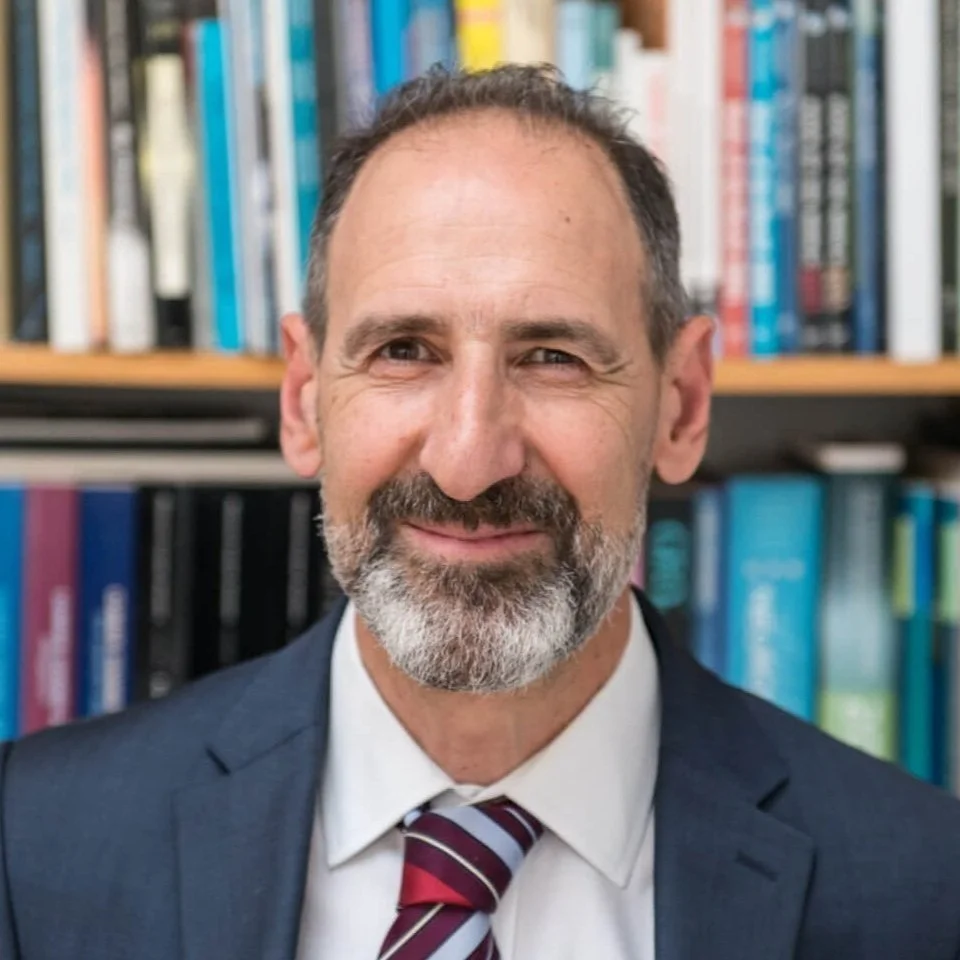We need an urgent reform of our Climate COP’s to enable real climate action
Image credit: Justin Jin
Sandrine Dixson-Declève
Co-president of The Club of Rome
Co-author of Earth for All
Executive chair the Earth4All initiative
Published on June 17th, 2024
Despite the fact that the mission of the Conference of the Parties’ (COP) is to prevent dangerous climate change and keep global warming below 2°C, there is a stark and unacceptable gap between what COP needs to achieve and the inertia it reinforces among member states. We are failing on the Paris Agreement and failing to deliver climate action at the speed necessary to avert the worst impacts of global warming. That is why the United Nations must shift gears to focus all efforts on meeting global goals and commitments by 2050. And part of this needs to be a rapid and radical transformation of the COP process so that we can ensure a safe climate future for humanity.
The COP's consensus-based structure leads to incremental progress, which is too slow given the urgency of the climate crisis. It took six years from Copenhagen (COP15) to Paris (COP21) to reach an agreement on limiting climate change and seven years from Paris to Sharm El-Sheikh (COP27) to make progress on loss and damage. Meanwhile, emissions and temperatures continue to rise, and climate extremes worsen faster than expected. This lethargic process is in odds with the climate science. To keep global warming within 1.5°C, we must cut global emissions by about 50% by 2030 and continue reducing them by 50% each decade to achieve a net-zero world economy by 2050-2060.
COP28 exemplified the outdated governance system in place. With over 85,000 participants, COP has become a must-attend event for policymakers, businesses, NGOs, and climate stakeholders. While growing interest in climate action is positive, member states failed to align on a global strategy to reduce emissions. The inability to agree on phasing out fossil fuels, despite a worsening climate crisis, reveals a global leadership vacuum and our reliance on an extractive economic model. Over 100 countries called to end the fossil fuel era, yet powerful nations and 2,500 lobbyists defended vested interests. The gap between scientific and justice-based demands and what petro-states accept highlights COP's fundamental inability to deliver timely, scalable climate action.
Climate risks exacerbate inequality, condemn communities to poverty, increase social tensions, undermine democracies, and diminish wellbeing. Research by Earth4All [1] shows that we need to enact five turnarounds in the areas of poverty, inequality, empowerment, food and energy if we want to avert transgressing more planetary boundaries and increasing social tensions. In addition, we have shown that decisive action in the next decade can lead to a future that improves wellbeing for all within environmental limits.
But to achieve this we need better global governance and courageous leadership within the Bretton Woods Institutions particularly the UN and within negotiating frameworks. It's time for a reset, and we must reform COP to deliver real climate action through content and format changes, as detailed in our letter [2] to the UN Secretary-General and UNFCCC Executive Secretary and in our recommendations adopted by the Climate Governance Commission:
Focus on delivery and action: COP must prioritise immediate delivery and action, share best practices, and develop accountability mechanisms. For example, benchmarking national progress with UN Gap Reports and Global Carbon Project reporting will hold countries accountable for following scientifically necessary mitigation pathways. Celebrating NDC upgrades is crucial.
Amplify the voice of science: Decisions must be based on up-to-date science. Integrating social and natural sciences prominently into COP programs ensures all delegations are informed about the latest climate risks, impacts, adaptive capacities, economics, governance, equity, health, solutions, and scenarios.
Restructure COP meetings: Shift from large annual gatherings to smaller, frequent meetings focused on specific deliverables and accountability at the regional and national level with meaningful participation of both non-state, international organizations, and sub-national representation e.g., cities. This approach ensures national governments are not the only voices heard and integrates non-state actor ideas, including those of indigenous peoples and youth. This reconfiguration will foster a multistakeholder dialogue central to COP and an enhanced knowledge-policy interface and greater impact.
Involve financial institutions: Multilateral banks and financial institutions, currently at the forefront of proposing new financial architecture around resilience, sustainability, debt restructuring, and special drawing rights, should play a central role in COP sessions, aligning mitigation and adaptation plans with public sector funding. Moving from pledges to tangible work plans and delivery mechanisms is essential.
Better define the roles and responsibilities of the UNFCCC secretariat, the COP Presidencies, and the relationship with stakeholders: A 21st upgrade of the roles and responsibilities of the UNFCCC Secretariat, the COP Presidencies and related UN entities is essential to ensure better coordination, optimization and implementation between different conventions and agencies. In addition, further coordination could happen by way of a platform or structured stakeholder dialogue bringing together the UNFCCC, parties, agencies, national governmental actors, non State actors including scientists and economists for regular status updates on science, technology, RMV, economic and financial developments.
Ensure a just global transition: All decisions and work plans must consider regional differences to ensure a just transition. Reform offers a chance to reframe international collaboration, supporting localised pathways, knowledge exchange, technology co-development, and partnerships based on equity and empowerment.
In 2024 and beyond, we cannot waste time on endless negotiations that risk backtracking on the 1.5°C goal especially as we are currently on a pathway of surpassing 1.5°C. We are in a planetary emergency and our international institutions must wake up to the need for reform and restructure for success. Our Climate COP’s needs the authority to bridge the gap between science and action, prevent backtracking, and ensure the safe landing of global climate commitments. Reformed financial and economic systems prioritising people, planet, and prosperity are essential for this safe landing.
[1] https://earth4all.life/
[2] https://www.clubofrome.org/impact-hubs/climate-emergency/cop-reform/
Jane Madgwick
Executive Director, Global Commons Alliance
Salvatore Arico
CEO, International Science Council
Paolo Vineis
Professor of Environmental Epidemiology, Imperial College London
Scientific Director, Regenerative Society Foundation
Copyright: © 2024 [author(s)]. This is an open-access article distributed under the terms of the Creative Commons Attribution License (CC BY). The use, distribution or reproduction in other forums is permitted, provided the original author(s) or licensor are credited and that the original publication in Frontiers Policy Labs is cited, in accordance with accepted academic practice. No use, distribution or reproduction is permitted which does not comply with these terms.





